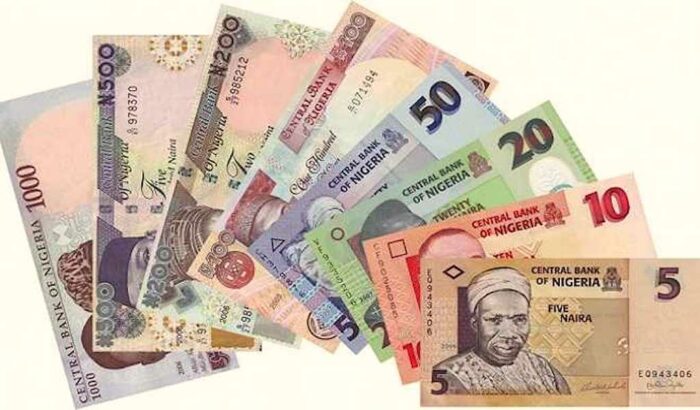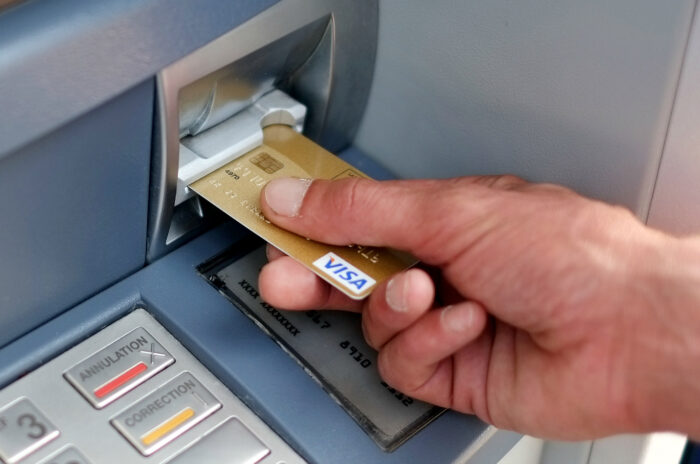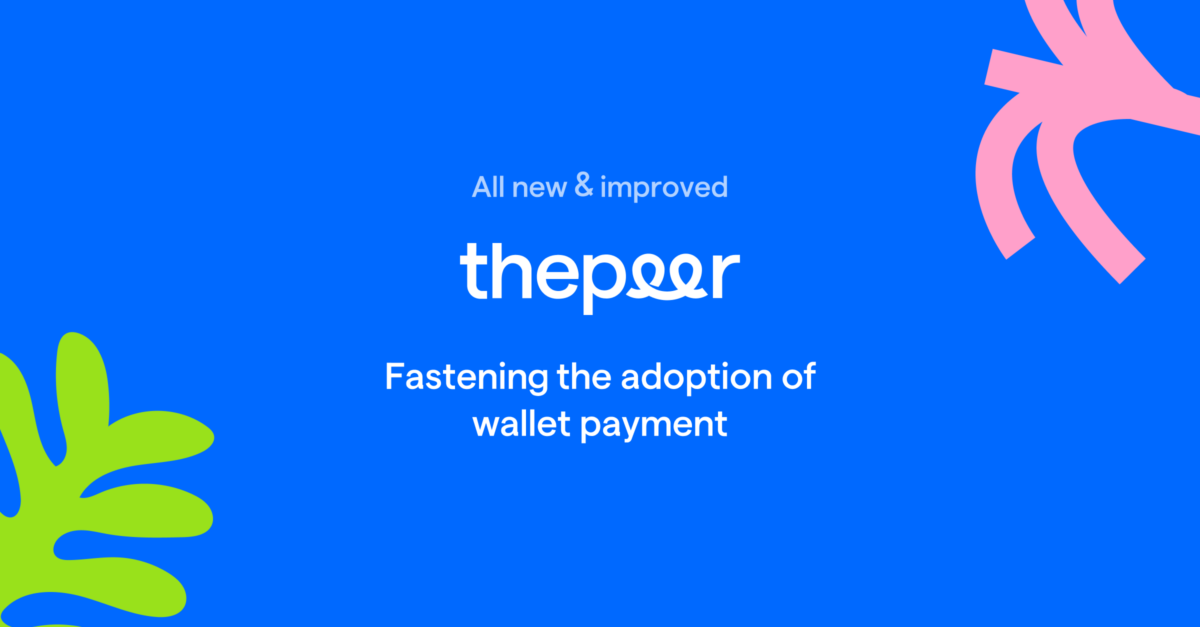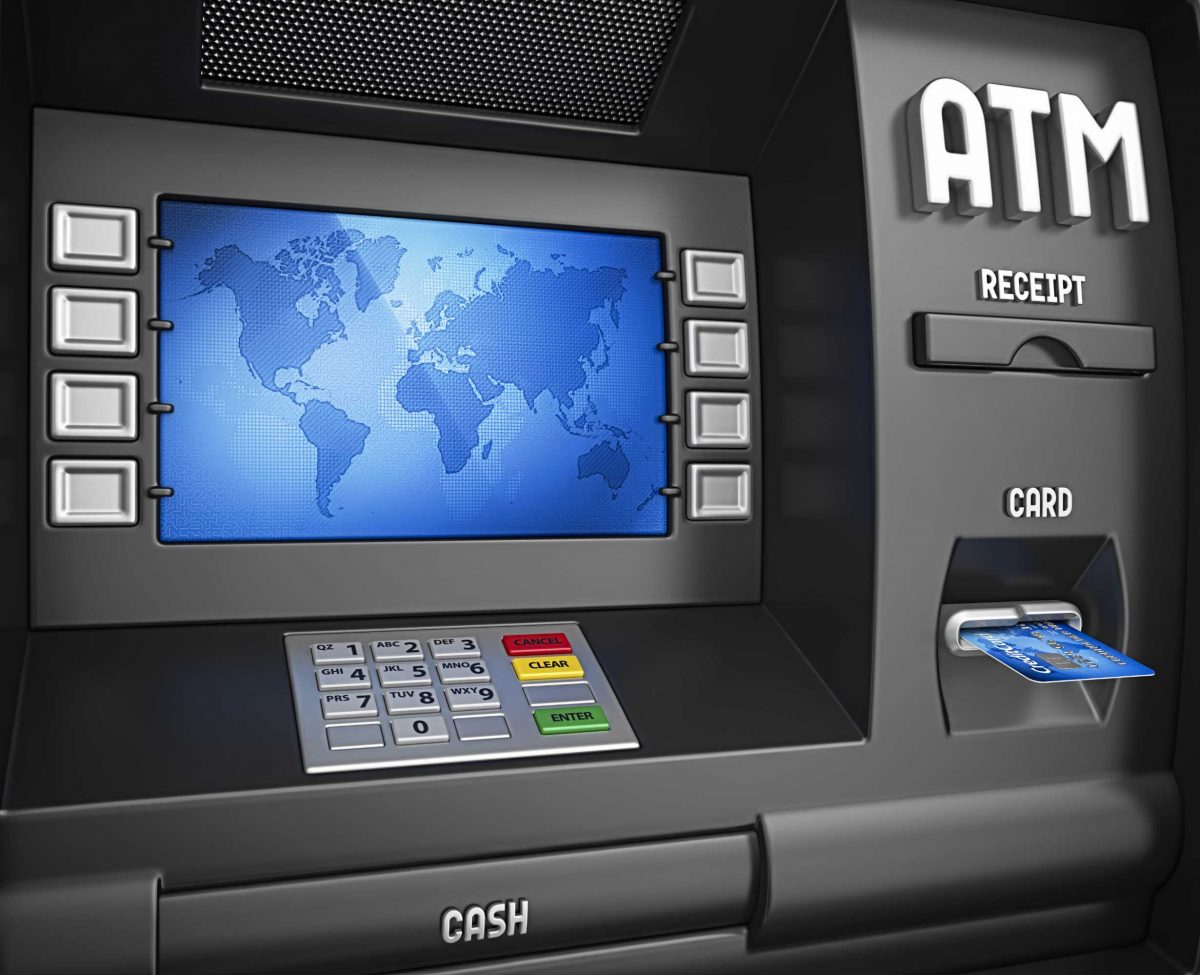On Wednesday, news emerged that the Central Bank of Nigeria (CBN) had directed commercial banks to sell forex freely at market-determined rates.
This implies that Nigeria has eased its control of the naira, allowing the local currency to float. There had been divergent views on whether the naira needed to be floated by the government or not.
When the idea was first suggested to Nigeria by the International Monetary Fund (IMF) in 2022, many financial experts posited that such a step would be counterproductive.
READ ALSO: SCORECARD: Mai-Bornu, Adamu Ciroma, Emefiele… Nigeria’s 10 CBN Governors From 1963
For clarity, the free float of the naira means the government or a monetary authority like the CBN no longer determines the exchange rate.
It also means that the exchange rate at every point in time would be determined by the interaction of the market forces of supply and demand for foreign exchange.
Simply put, the rate at which the naira gets exchanged for any foreign currency would be dependent on the agreed price reached by the buyer and the seller. This would also be devoid of any interference by way of regulations or policy from the CBN.
READ ALSO: 14 Times Nigeria Redesigned Banknotes in the Past
While expressing their views when the idea was first suggested in 2022, experts said floating the naira could eventually lead to the total collapse of the currency.
The measure would also mean that the currency would continue to suffer a downward spiral in terms of its value against all other currencies, becoming valueless and leading to a currency crisis for Nigeria.
They also said it could spell doom for the country in terms of production costs across the manufacturing and other exchange rate-dependent sectors, as it would lead to a negative supply shock for Nigeria.
*A supply shock is an unexpected event that changes the supply of a product or commodity, resulting in a sudden change in price.
*A negative supply shock decreases output, causing prices to increase in an alarming rate.
Subscribe
Be the first to receive special investigative reports and features in your inbox.























